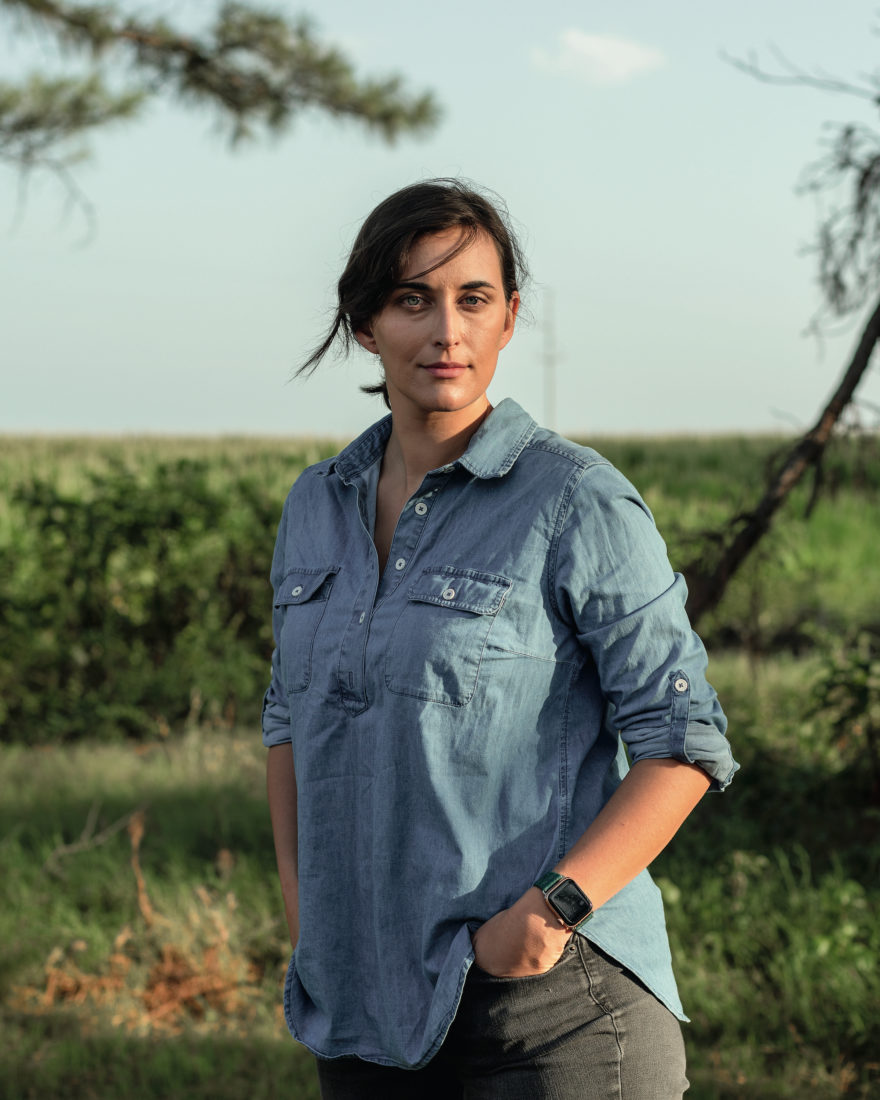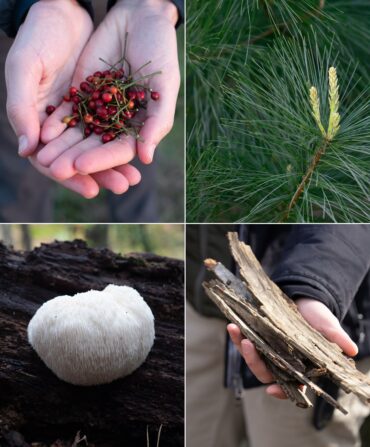On the Shoffner family farm just outside Newport, Arkansas, the past feels close. Hallie Shoffner works there from a house built for her postmaster great-great-uncle, that later accommodated her grandfather, then her own family, and later still served as an office for the SFR Seed agricultural research farm her parents started in 1988. Her family has lived in the same place for six generations, and not coincidentally her surname is the name of her town. Still, as any conversation with Shoffner suggests, her thoughts center squarely on the future.
As she’s sung to the rafters for numerous panels, podcasts, and presentations, the challenges of farming in the modern era are legion. Since her parents retired, Shoffner has overseen SFR, a now 1,500-acre seed production farm growing rice, corn, wheat, and soybeans. In her six years there, five of them have included extreme weather events, a biblical-caliber smorgasbord of droughts and downpours, which she figures has cost her upwards of $133,000. And though she’s the first to say she’s considered an industrial farmer—a row crop planter who uses pesticides, thousands of gallons of water a year, and synthetic fertilizer—Shoffner has become a vocal climate activist, heralding its detrimental effects to her Instagram followers and legislators alike, and implementing her own regenerative and conservation practices.
Climate change, she says, is the biggest threat facing farmers—and the food chain. “If a hurricane hits the Gulf Coast and demolishes one of the biggest granaries in the world,” she explains, “and you can’t get your grain sold down to the port, or prices have tanked because grain can’t leave the country, that’s still climate change affecting you.” So just as her parents conducted hundreds of research trials, building a livelihood on a mountain of data, Shoffner now does the same as she navigates new-to-her approaches: cutting back on tillage, or the number of passes machinery makes over a given piece of ground; swapping out synthetic fertilizer for chicken litter; and substituting in electric water pumps for diesel. All actions that save or make money, as well as cut carbon emissions.
But she and other farmers can’t be the only ones to change, she says, which is why she advocates for help on a governmental scale. In the meantime, every choice she makes, every experiment she carries out, every letter to a congressperson she writes, is with an eye to the future—her farm’s, and the earth’s.








